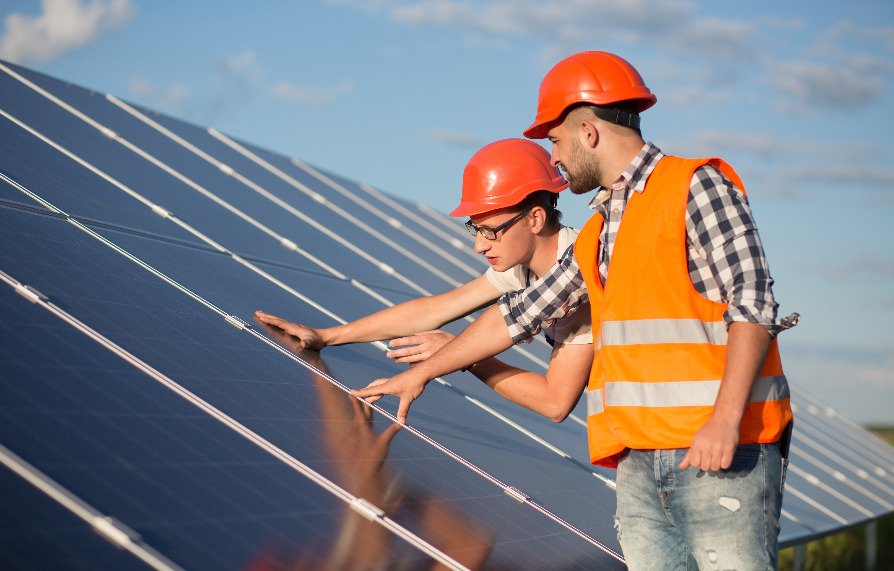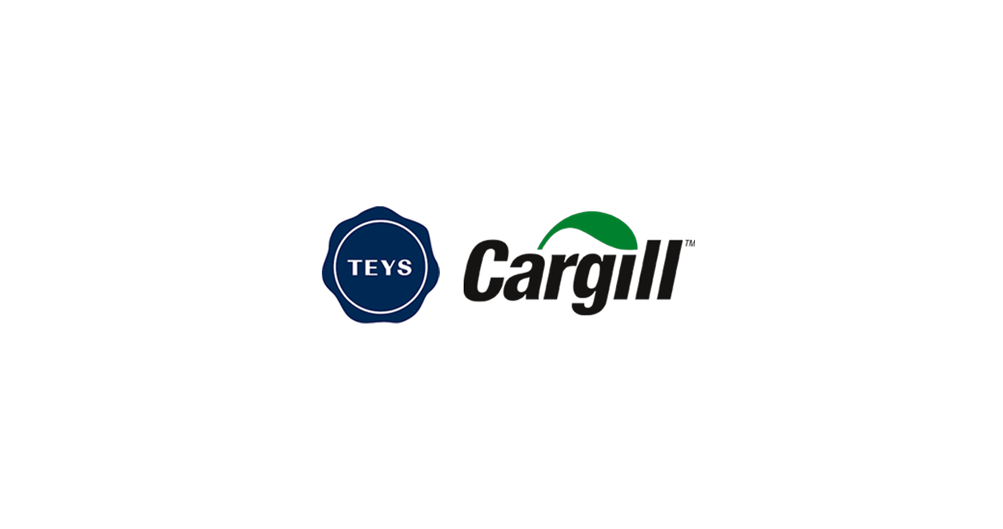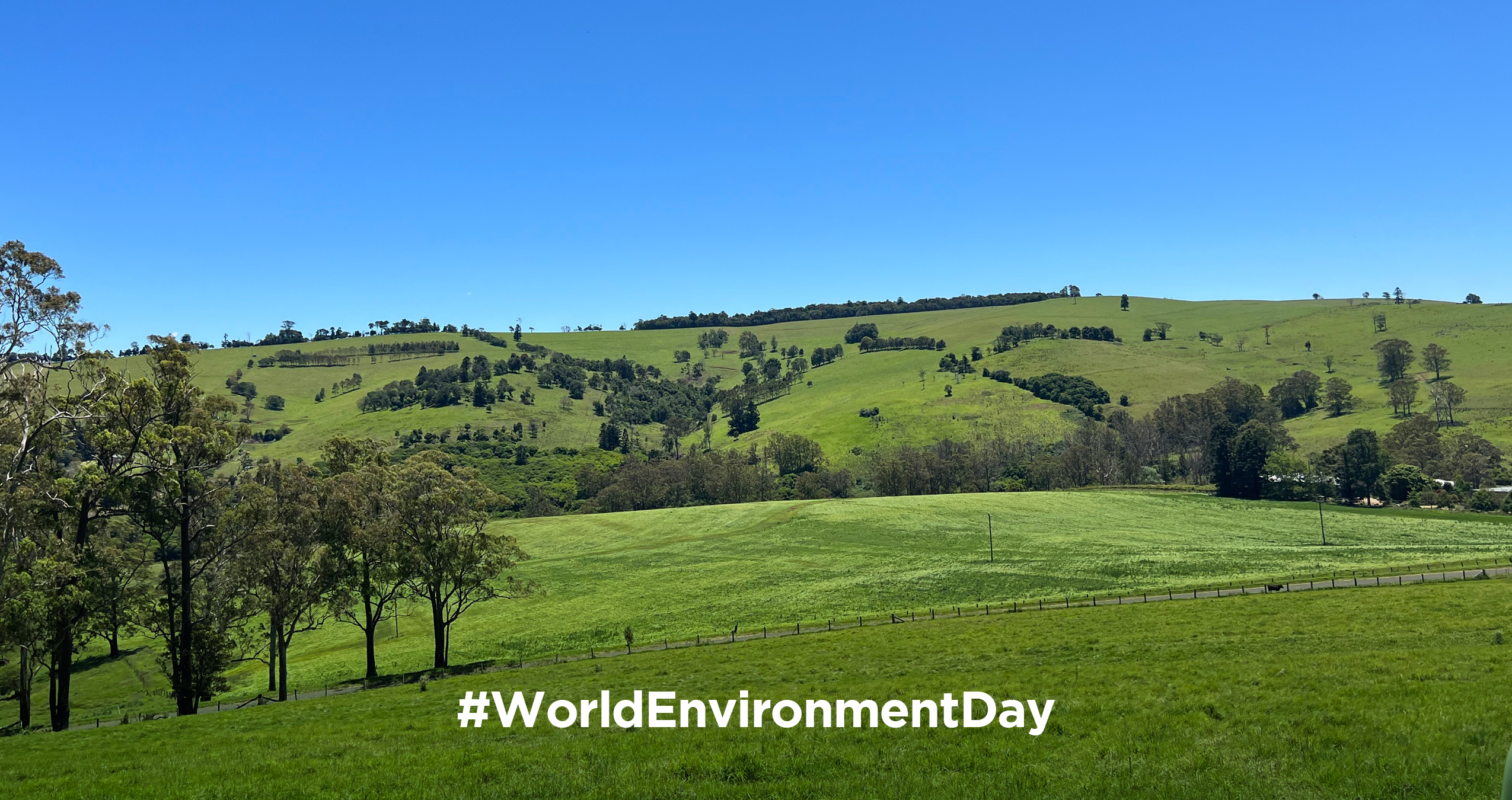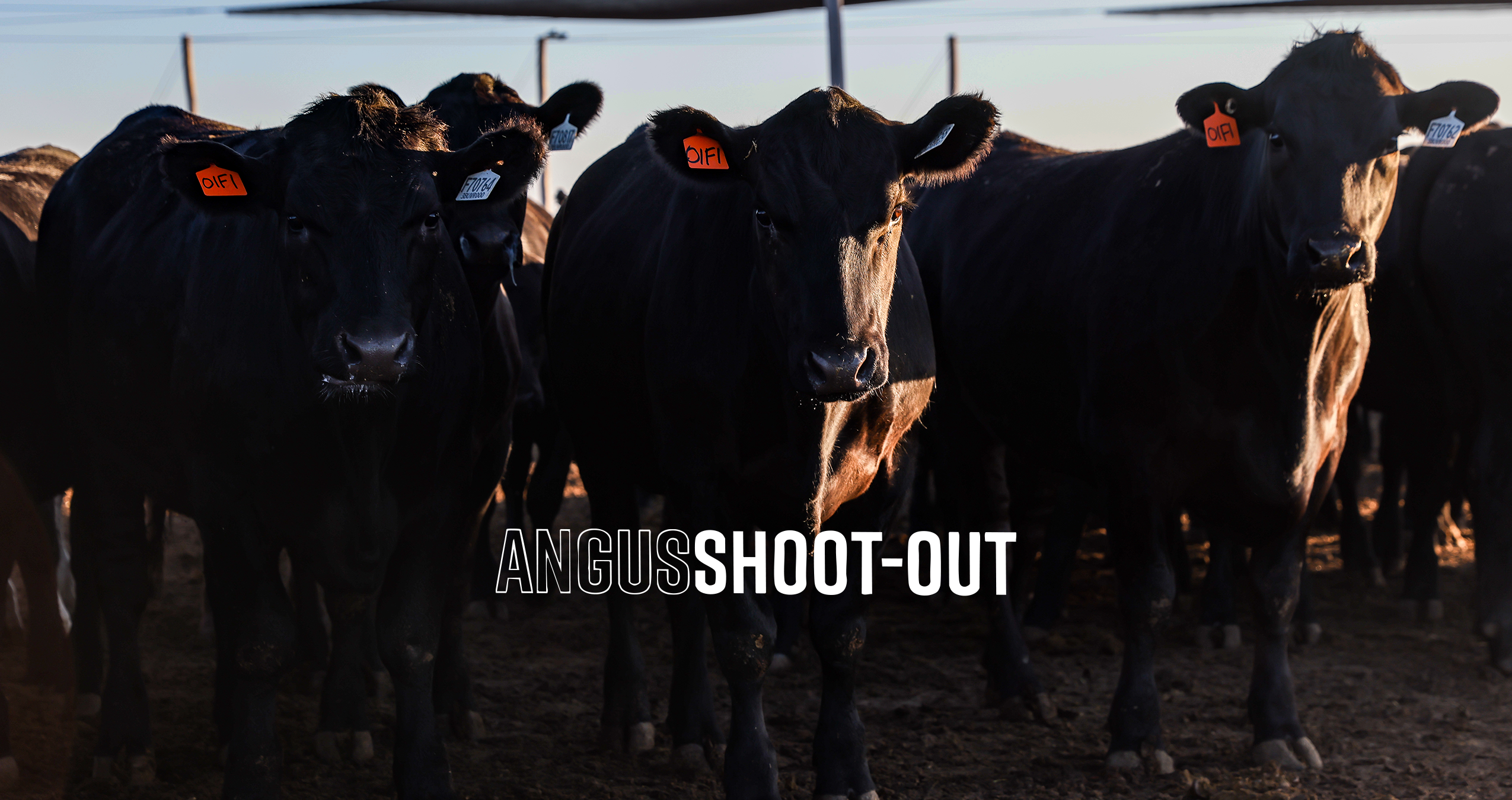
Big sustainability results only come from having big goals – and when it comes to goals they don’t get much bigger than the Red Meat Industry’s goal of being carbon neutral by 2030.
Carl Duncan, Group Manager Resource Efficiency & Sustainability, explains why this goal is not only achievable but important for Teys.
“It’s our responsibility as an organisation to act sustainably and meet the expectations of stakeholders – our consumers, customers and communities,” Carl said.
“Minimising our environmental impacts isn’t only important to our industry, and our future – it’s the right thing to do.”
“At Teys we’ve developed our own carbon intensity target over the short term and support the industry goal of achieving carbon neutrality by 2030, both are important to the organisation’s sustainability promise.”
“Teys is the first large red meat company in Australia to make a public commitment to reduce energy, water and carbon intensity, and set a renewable energy target.”
Teys has set five-year sustainability targets, which include reducing water intensity by 10%, reducing carbon intensity by 20% and sourcing 30% of energy requirements from renewables.
“So far we’ve achieved our carbon and energy usage targets three years ahead of schedule, and our water and renewables targets are on track.”
Carl joined Teys in 2016 after almost a decade as a management consultant specialising in energy and carbon management for ASX200 listed companies. He draws on this experience to help everyone across Teys understand how they can contribute to the organisation’s sustainability goals.
“Our Utilities Reduction Program (URP) drives energy and water efficiencies across all operations,” Carl said.
“We’ve adopted a standardised approach to how we manage and reduce water, waste and energy across all of our operations. This approach, on scale, means we can achieve big results.”
Focus areas where efficiency improvements are being achieved include product refrigeration, thermal and water systems.
Carl said “achieving momentum” and executive support had been key to sustainability improvements being embraced across all operations and sites.
“This year alone, Teys will invest $8 million on sustainability related projects. We have also completed detailed concept design on our Low Emissions Energy Hub (LEEH). This long-term project costing an estimated $25m will enable us to become energy and water self-sufficient, and be positioned as the red meat business of choice on sustainability.“
Project LEEH combines five renewable energy technologies, with heat recovery and biogas storage at our Wagga Wagga facility, with the long-term goal of the site being 100% energy self-sufficient and becoming a pilot program for industry.
Other sites have also made great strides in sustainability.
“Our feedlot at Condamine has reduced electricity emissions by 50% through its solar farm and energy productivity improvements. At Rockhampton they are tracking to reduce electricity intensity by 40% by the end of FY22. Our biogas renewable cogeneration plant at Naracoorte will provide 35% of the site’s energy needs by the end of next year. We’ve also made great progress in lifting overall utilisation across our five bioenergy facilities.”
Carl said the organisation’s dedicated team of experienced project and asset managers, environmental specialists, and a talented group of engineers across all the different streams, were focused on continual sustainability improvements.
“We’re not the kind of organisation that sits on its laurels. It’s all about continued momentum.”
You can find out more about sustainability at Teys here.
 Return to News
Return to News

















